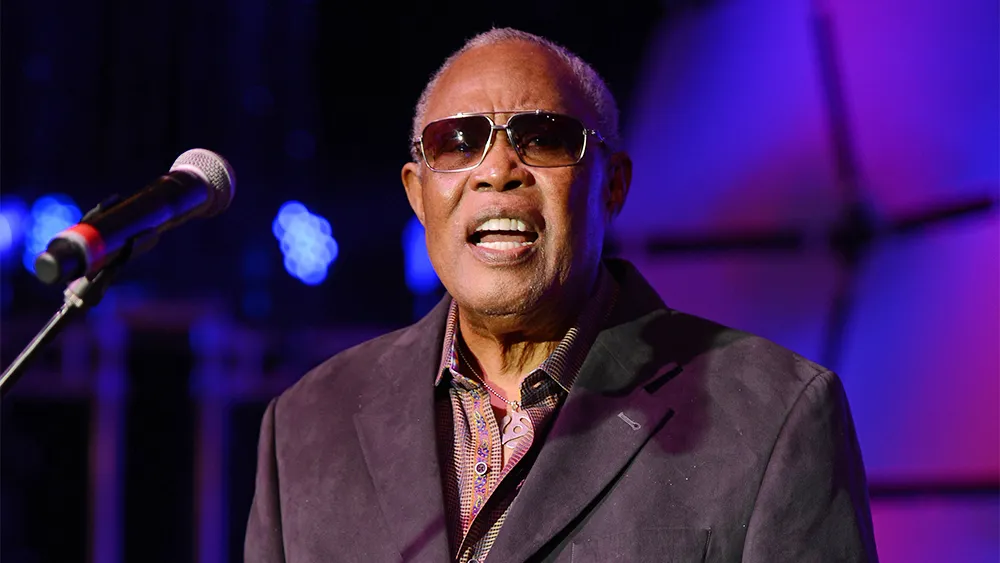The music world has lost one of its most iconic voices with the passing of Sam Moore, best known as one half of the legendary soul duo Sam & Dave. Moore, who died in Coral Gables, Florida, on Friday, was 89. He had been recovering from surgery when complications led to his death.
Moore’s unmistakable voice – power with raw emotion – became one of the defining sounds of the 1960s. Alongside his partner, Dave Prater, Moore helped shape the soul music landscape with hits like “Soul Man,” “Hold On, I’m Comin’,” and “You Don’t Know Like I Know.” Their music transformed the gospel-rooted call-and-response style into a high-octane live performance that made them one of the era’s most celebrated acts.
At Stax Records in Memphis, Moore and Prater were second only to Otis Redding in popularity, crafting a series of evergreen classics. Their songs, often written and produced by Isaac Hayes and David Porter, became staples of the soul genre. One of the most memorable moments in their signature song “Soul Man” came when they called out to guitarist Steve Cropper with the famous line, “Play it, Steve.” That line became a symbol of the duo’s unfiltered, live-wire performances and their deep connection with their bandmates.
Over the years, Moore’s influence extended far beyond the 1960s. Artists like Al Green, Bruce Springsteen, and Steve Van Zandt have all spoken of Moore’s lasting legacy on their music. Springsteen shared on Instagram, called Moore “one of America’s greatest soul voices,” recalling how Moore’s voice always carried “an edge of deep authenticity” that was unparalleled.
Like many of their contemporaries, Sam & Dave struggled as the 1970s dawned, and the pressures of fame, addiction, and internal strife took their toll. Their split in 1970 marked the end of an era for the duo, though Moore’s talent remained undeniable. Despite a difficult period marked by personal battles, including overcoming a drug addiction, Moore never stopped singing and performing.
And although the commercial success of Sam & Dave faded, Moore’s legacy continued to thrive. In the late 1970s, “Soul Man” surged back to the charts, this time through the popular Blues Brothers rendition by John Belushi and Dan Aykroyd. Though Moore had mixed feelings about the song’s association with the comedic duo, he couldn’t deny that it introduced his voice to a whole new generation. In 2008, the film Soul Men — which depicted the story of two aging singers — stirred up memories of Sam & Dave, reinforcing their cultural impact.
Beyond the stage, Moore also fought for fairness in the music industry, seeking to address the disparity between the riches generated by his work and the meager royalties he received. His 1993 legal battle with record companies over lost retirement benefits highlighted the inequities many musicians faced, even after creating timeless music. “If you’re making a profit off of me, give me some too,” Moore once said in a 1994 interview, a sentiment that resonated with many artists who came after him.
While his career spanned decades, Moore’s relationship with his fans and fellow musicians remained one of mutual respect and deep affection. One of his closest friendships was with Bruce Springsteen, and the two often performed together. Springsteen paid tribute to Moore, calling him “heartbroken” over the loss of his friend and collaborator.
In later years, Moore kept performing, sharing his incredible voice with audiences at the Kennedy Center Honors and for multiple U.S. presidents. His journey wasn’t without its struggles, but it was ultimately one of redemption and resilience. He is survived by his wife Joyce, daughter Michell, and two grandchildren.


